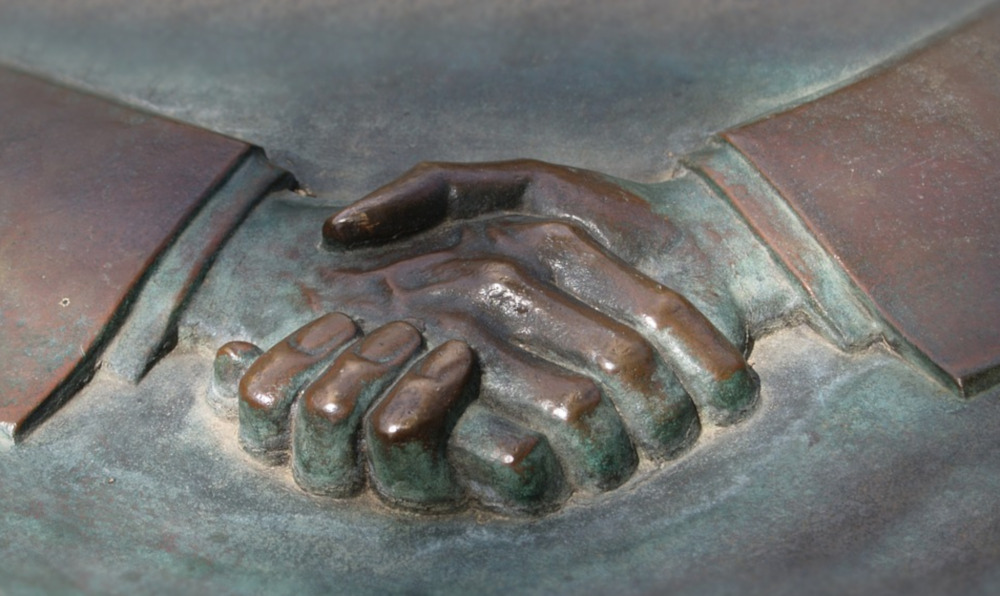
Welcome to the September issue of Teaching Matters: Student Partnership Agreement.
This issue showcases work undertaken by staff and students, which has been funded by the University’s Student Partnership Agreement. This agreement builds on the strength of the productive partnership between The University of Edinburgh and Edinburgh University Students’ Association. The aim of the partnership agreement is to support and promote students and staff working together on projects that enhance the student experience. Partnership teams can submit proposals for funding of up to £500, although the projects must link to one of the key themes, set out in the Agreement:
- Academic support
- Promoting positive mental health and wellbeing
- Student voice
In 2017/18, 16 projects were approved, including the projects below, which have already been published in Teaching Matters:
- Chemunity: Fostering academic community in the School of Chemistry, by Dr Chris Mowat.
- Mini-series: Encouraging SolidariTEA amongst PhD students, by Louise Horsfall.
- Two Philosophers, One Podcast, No Problems: Building a community of listeners through a philosophy podcast, by Liv Coombes and Elliott Gruzin
- That Vet Life: Podcasting to inspire, encourage and challenge, by Moriah McCauley.
In 2018/19, under the three key themes, four specific areas were identified as priorities for submissions:
- Supporting staff and students to develop effective learning communities.
- Supporting staff and students to develop initiatives that promote Community Building.
- Working to develop initiatives that promote inclusion equality and diversity.
- Co-creating learning opportunities. e.g. collaborative projects where staff and students work together to design/re-design courses/ assessments or programmes.
12 applications were submitted, and the panel approved 10 projects. This issue showcases a number of these projects, including The Mary Shepherd Conference on feminist philosophy, the VetPALS ‘Making of a better you!’ week, and a 4th Year Undergraduate Dissertation Retreat. Encouragingly, there is an increasing number of Schools adopting practice after learning from other Schools on the success of their projects.
Small project funds will be available again for 2019/20, and the panel hope that students and staff will be inspired to submit an application. Schools will be notified in due course regarding the application process. If you would like to find out more about the Student Partnership Agreement, please contact Academic Services.
In this issue, there will also be two other posts celebrating student and staff partnership work (although not funded by the Student Partnership Agreement). Dr Thomas Bak and PhD student, Brittany Blankinship, highlight their collaborative “Challenges & Opportunities of a global university” working group, and Dr Kay Williams, showcases the new Study Hub, created as part of a student consultant approach.
Mini-series and Spotlight on….
After a fantastic mini-series in July and August exploring the links between learning and teaching and mental health and wellbeing at The University of Edinburgh, the next mini-series – Peer Support – will be in November and December.
This month we will feature a few posts from our new feature in the ‘Spotlight on….’ series: Learn Foundation. Learn Foundation is a multi-year service improvement programme, designed to enhance students’ use of the Learn VLE. The University is investing in improvements over the next few years that will make it easier for students to find course specific materials and ensure Learn is used more consistently across the University.
In this ‘Spotlight on…’ series, we will hear from colleagues who use Learn, and find out how these improvements are making a difference. The first post is from Stuart Nicol, Head of Educational Design & Engagement (acting), Learning, Teaching & Web Services Division, who will set the scene for the series, and provide more information about the work of Learn Foundations.
Happy reading…!

